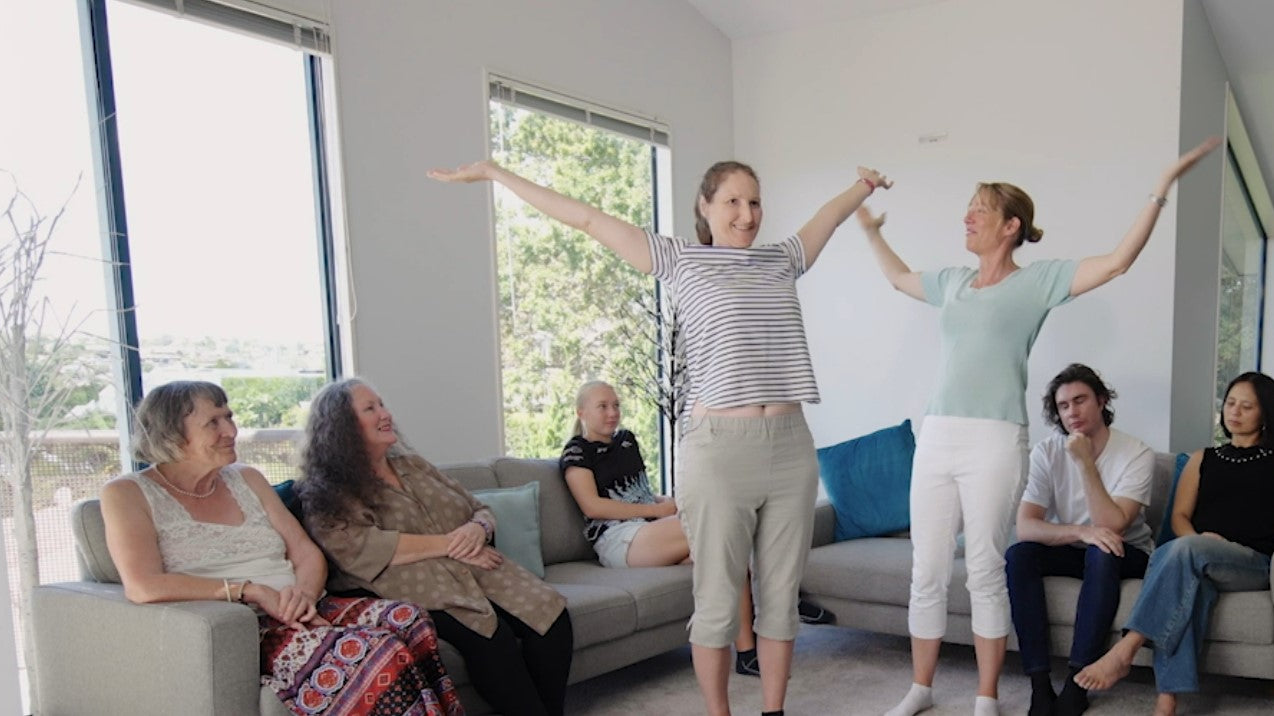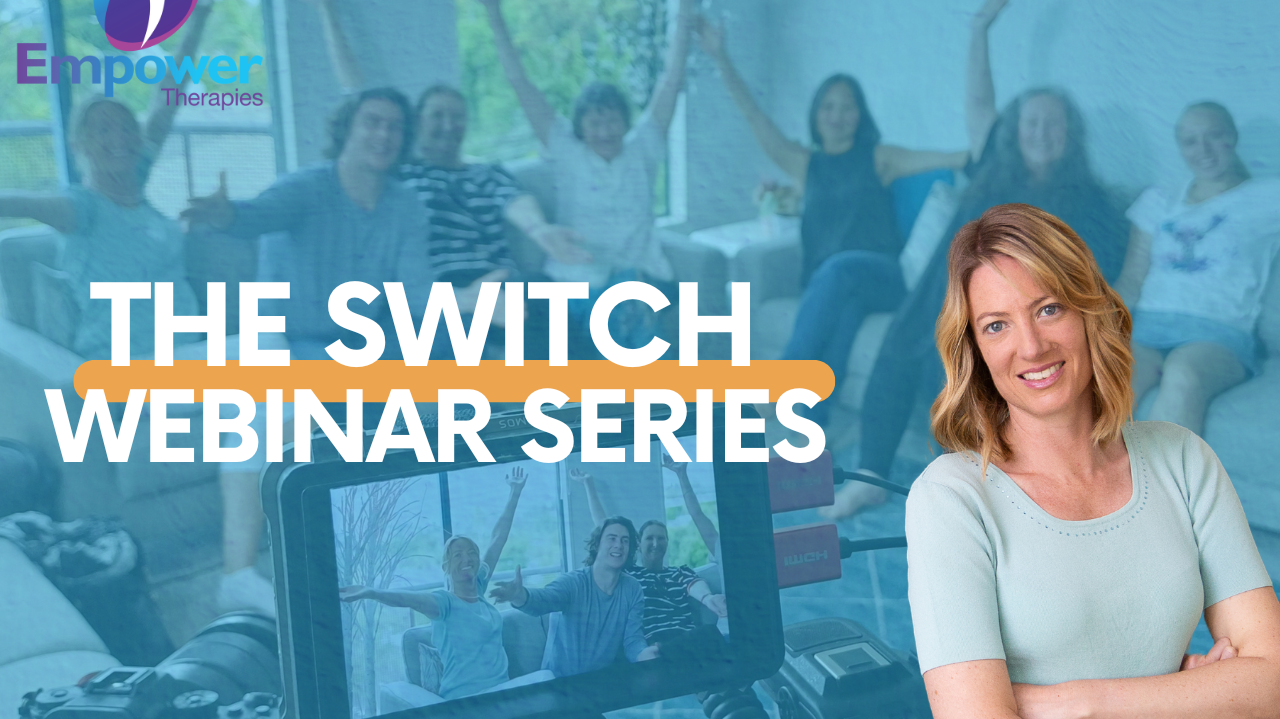
What Causes Anxiety and Phobias?


While anxiety is the third most common condition I treat (according to people’s application forms), I suspect that it is actually the biggest client group. A lot of people discover at the course that even though they had been focussed on a different condition, the underlying cause of their problem was anxiety. Resolving anxiety allows their other conditions to resolve also. I have seen the vast majority of my anxiety clients dramatically reduce, or get rid of all their symptoms, usually within a few days, weeks or months. I follow up my clients for a year and have observed that people usually maintain these changes long term. I have seen successful outcomes for a range of anxiety conditions including: • Generalised anxiety disorder (GAD) • Social anxiety • Post-traumatic stress disorder (PTSD) • Obsessive compulsive disorder (OCD) • Phobias • Panic disorder and panic attacks

An ongoing elevated stress response in the body leads to anxiety, and anxiety leads to an elevated stress response. This becomes a self-perpetuating cycle for many clients. When people do this cycle often enough, they reach a stage where they worry about worrying, even when there is nothing going wrong to worry about. When they notice they are worrying about worrying, that makes them more worried…
How it began in the first place is many and varied:
• Early childhood experiences, such as trauma, illness (of the parent or the child), abuse, or learnt behaviour from an anxious parent
• Faulty core beliefs such as “life is scary” or “I’m not good enough” learnt early in life
• Type A personality (motivated, ambitious, intelligent, perfectionist) leading to people having such high expectations of themselves and over-pressuring themselves for success
• A sudden, shocking experience at any stage in life, leading to mistrust of life and the future
• Lack of purpose and fulfilment
• Lack of self-love or self-belief
• Learnt limits (such as “I can’t go to shopping malls/do public speaking et cetera)
• Loneliness after a divorce or bereavement
• Boredom after retirement or the children leaving home
• Hormones (including post-natal)

The Switch is a fantastic choice for anxiety sufferers. You will learn about the physiology of the stress response and identify patterns in your thinking and behaviour that are exacerbating the stress. You will learn techniques for calming the stress response and changing your thoughts. You will also identify underlying issues from the past that are maintaining your anxiety response and release those as well. This allows you a very full and multi-pronged approach to eliminating all the reasons why you have been so anxious.
If you don’t feel quite ready to jump into a four-day course, you might like to start with our webinar series, which gives an overview of mind-body health, the role of stress and thinking patterns, and some basic techniques to start using on yourself. This webinar is a general approach, rather than being specifically about anxiety. For some people, it’s enough on its own, and for others, it is their inspiration and lead-in to doing the full Switch programme.

Sign up for The Switch® full programme!
1. Get your hope back about recovery being possible by watching some of the movies on this website. Just knowing that there is an answer can help people to relax and calm their stress response and start getting improvements.
2. Start actively reducing your stress response by doing things like meditation, breathing exercises, and activities that you find particularly relaxing.
3. Every time you catch yourself thinking about anxiety, immediately make yourself think about something else instead. I have found that thinking about things in my life that I am grateful for is a fantastic antidote to anxiety. If you re-route your brain often enough, you can start creating changes to those faulty neural pathways.
4. When you are very good at anxiety, your amygdala (in the centre of your brain) is firing a lot. Each thing that you do anxiety about, reassure yourself that you don’t need to worry about that thing and it will be OK. That can help retrain your amygdala to not react as much.
If these suggestions fix your anxiety – FANTASTIC! If these very simple interventions are not enough for you, that’s OK. We have far more comprehensive techniques available at The Switch that will allow you to make bigger transformations.

* Disclaimer: Mel Abbott is not a medically trained doctor. She is trained in psychology and neuro-linguistic programming. She uses mind-body interventions to help calm the stress response and allow natural healing to occur in the body. This can be used alongside mainstream treatments if you choose. She does not offer diagnoses or medication advice. She recommends that clients return to their doctors after her treatment to confirm that they no longer have their condition and to be advised about safe weaning from their medication.
Mel does careful assessments prior to the programme and only offers places to people whom she thinks would benefit from it. She follows up with all her clients at several junctions after their course and collates the data from their feedback forms to produce the statistics on this website. She is therefore confident that her interventions are helping over 80% of her clients to achieve significant improvements to their health. While many clients report that they have made a full recovery, Mel cannot guarantee this outcome. So far there are no independent research studies or peer reviewed journal articles about The Switch®, though she would welcome such studies to take place.
Sign up here to receive your free info starter pack, and to receive 4-5 newsletters per year with inspiring stories, techniques to use on yourself, and event updates. Every email has an unsubscribe button, which will remove you from our database.


